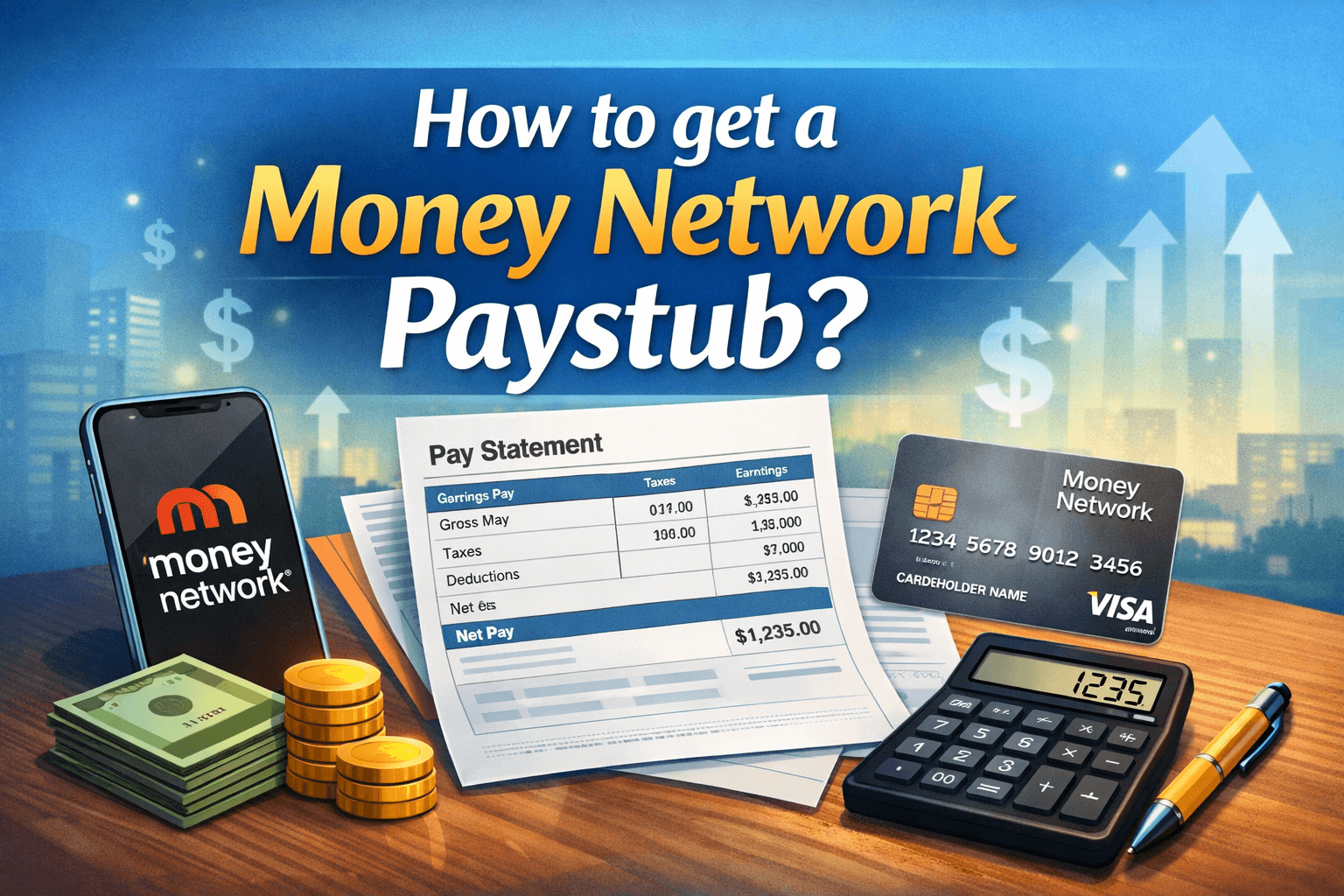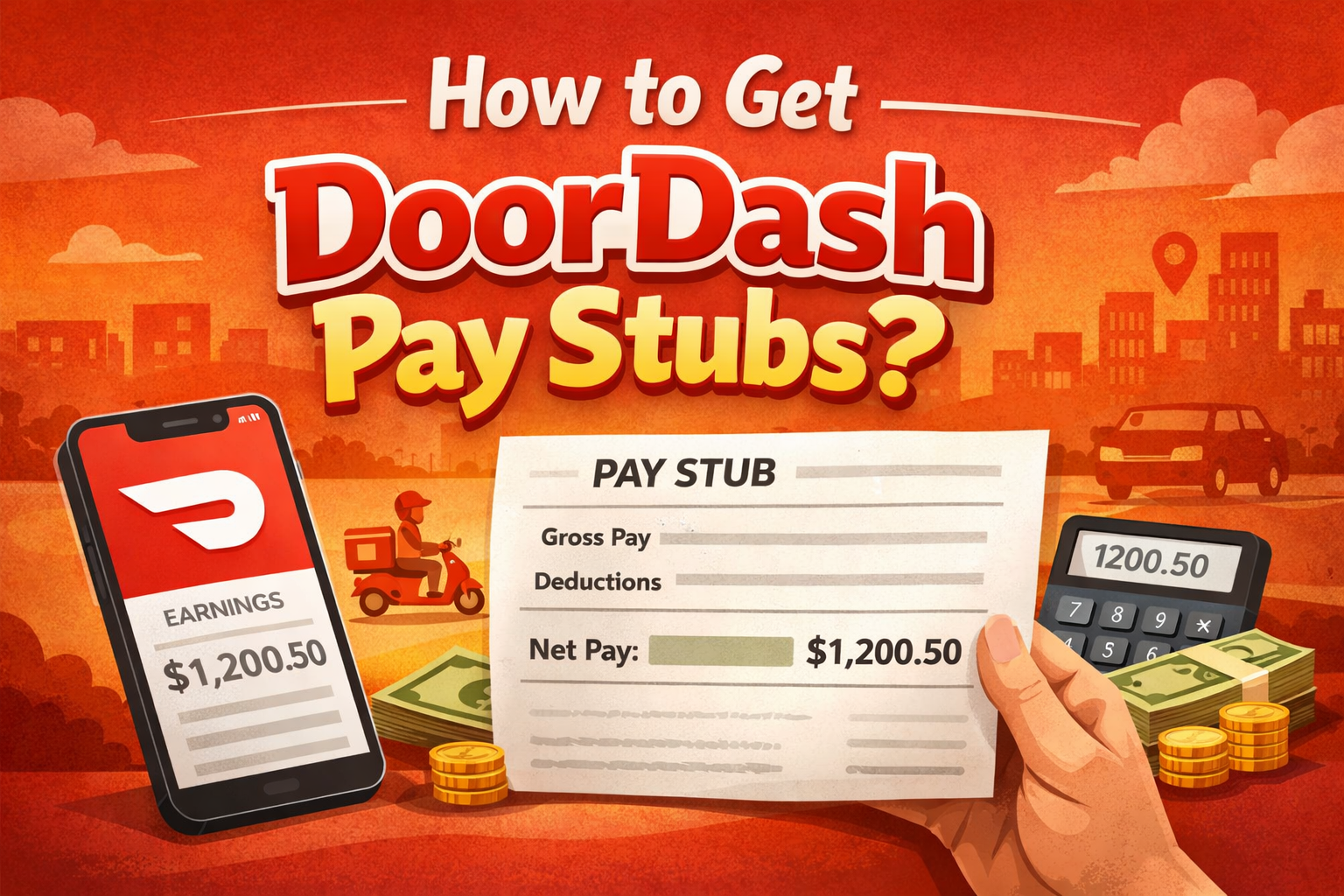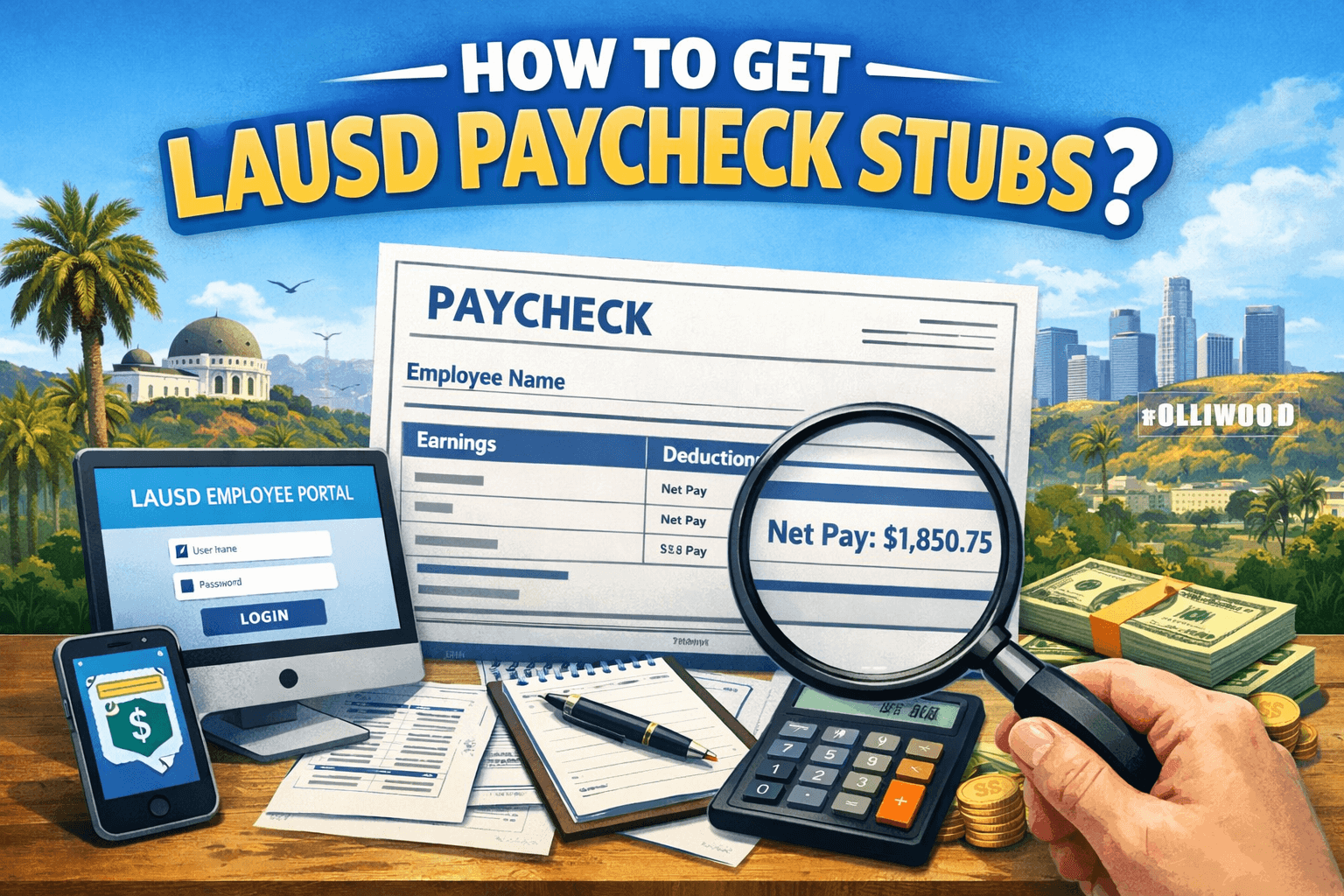Union dues are regular payments that members of a labor union make to support the union’s activities. They’re usually deducted straight from an employee’s paycheck by the employer and passed on to the union.
On a pay stub, union dues often appear as a deduction alongside items like taxes, retirement contributions, or accrued leave balances.
How Much Are Union Dues?
Union dues vary depending on the union and industry. Most unions set dues as:
- A flat monthly fee, or
- A percentage of wages (often 1–2%).
For example, if you earn $3,000 a month and your union charges 1.5%, your monthly dues would be $45.
Are Union Dues Tax Deductible?
This is one of the most common questions employees ask.
- Before 2017 (under old IRS rules): Union dues were considered a “miscellaneous itemized deduction” and could reduce taxable income if you itemized.
- After the 2017 Tax Cuts and Jobs Act: Union dues are no longer deductible for most employees through 2025.
This means while you still see them as a payroll deduction, they don’t give you a tax break.
Are Union Dues Pre-Tax or Post-Tax?
Union dues are usually post-tax deductions. That means they’re taken out of your paycheck after federal and state taxes are withheld.
For example, your pay stub might look like this:
- Regular Hours: 80
- Gross Pay: $2,500
- Taxes: $400
- Union Dues: $35
- Net Pay: $2,065
This makes it clear that dues don’t reduce taxable income the way a 401k contribution might.
What Do Union Dues Pay For?
Union dues go toward funding the union’s activities, including:
- Collective bargaining with employers
- Legal support and grievance handling
- Member training and education
- Union administration costs
While employees often focus on the paycheck deduction, dues are what make collective representation possible.
What Happens if You Don’t Pay Union Dues?
- In a unionized workplace: Non-payment may result in loss of union membership and, in some states, even job consequences depending on agreements.
- On payroll: If you opt out or stop paying, the deduction disappears from your pay stub, but you may lose union rights.
Key Takeaways
- Union dues are payroll deductions for union membership.
- They’re usually a flat fee or 1–2% of wages.
- Dues are post-tax and not deductible under current tax law.
- On pay stubs, they appear as a separate deduction line.
- Dues fund bargaining, legal protection, and union operations.
FAQs About Union Dues
Q1. What are union dues on a paycheck?
They’re listed as a deduction, showing the amount taken from your wages and sent to your union.
Q2. Are union dues a tax write-off?
Not currently. Since 2017, they’re not deductible for most employees until at least 2025.
Q3. Are union dues pre-tax or post-tax?
They’re post-tax, meaning they come out after taxes are calculated.
Q4. How much are union dues per month?
It depends, but many range from $20 to $60 monthly or 1–2% of gross wages.
Q5. Can I refuse to pay union dues?
It depends on your workplace and state laws. In “right-to-work” states, employees may choose not to join the union or pay dues, but they also lose union benefits.
Make Payroll Deductions Clear on Your Pay Stub
Whether it’s union dues, taxes, or contributions to retirement plans, employees need a clear picture of how their pay is structured. With an online paycheck stub generator, you can create accurate stubs that show union dues and all other deductions in one simple view.







